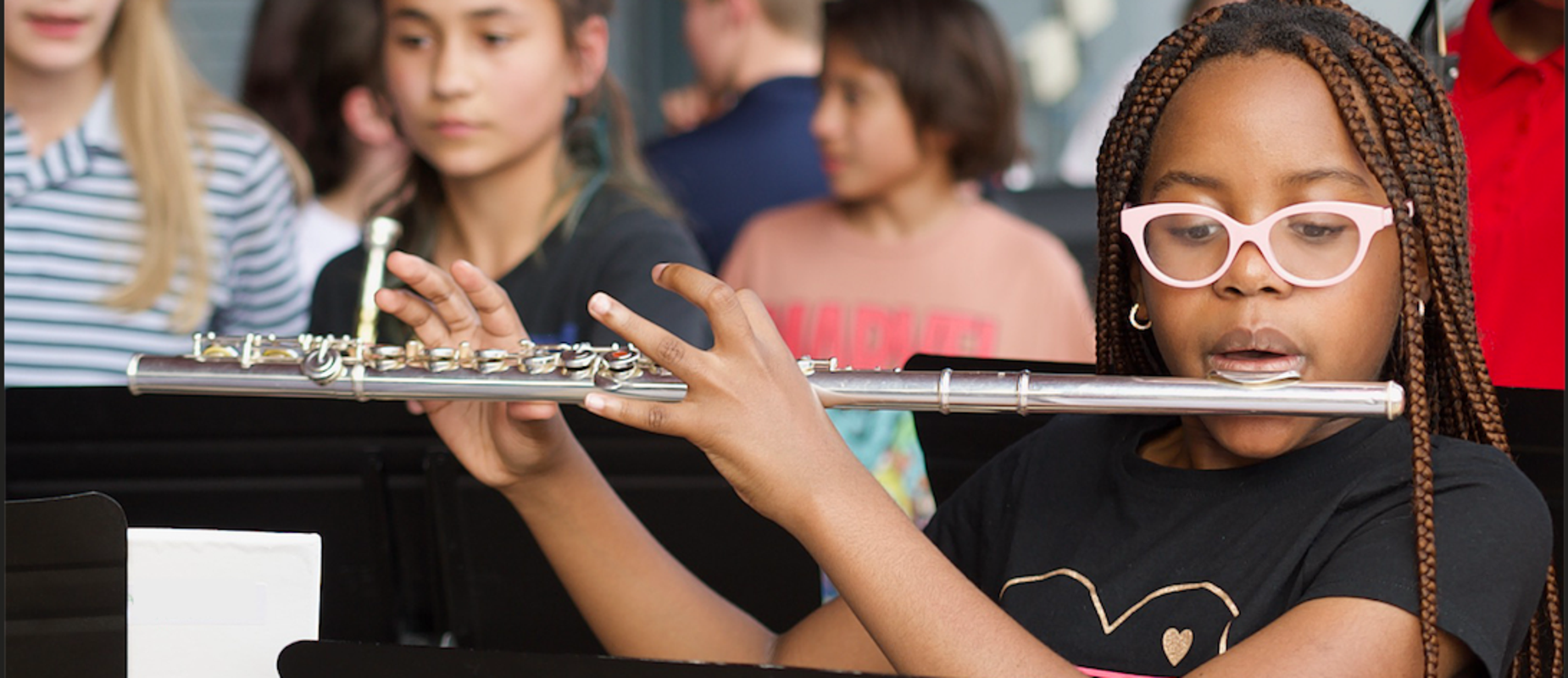Ganesh Chaturthi
Beginning on September 10 (2021) is the 10 day Hindu Festival of Ganesh Chaturthi, celebrating the birthday of Ganesha. Ganesha, the patron of wealth, prosperity, and good fortune, is the elephant-headed god in the Hindu pantheon, son of Shiva and Parvati.
According to Metro News (metro.co.uk), Ganesh Chaturthi is “heavily celebrated in Andhra Pradesh, Goa, Gujarat, Madhya Pradesh, Maharashtra, Telangana, Orissa, Pondicherry, Tamil Nadu, Karnataka, Rajasthan, Chhattisgarh.” In other words, it is celebrated throughout much of India. The festival is celebrated in part by installing idols of Ganesha in homes and public places, and at the end of the festival the idols are inundated in a river. A food associated with Ganesh Chaturthi is “Modak...a sweet dish prepared using rice or flour stuffed with grated jaggery, coconut and dry fruits.”
Although Ganesh Chaturthi is widely celebrated, it is not a public holiday. Due to the variety of religions and religious observances in India, the government does not recognize their holy days as public holidays. There are three national public holidays in India: Independence Day (15 August), Republic Day (26 January) and Gandhi’s birthday (2 October).
Patriots Day 9/11
The anniversary of the September 11 attack is commonly known as “Patriots Day”. It was first observed in 2002, after a proclamation by President George W. Bush. In 2009, President Barack Obama rededicated it as Patriot Day and National Day of Service and Remembrance. The US national flag is displayed at half mast by public buildings, and private citizens are encouraged to display the flag at their homes.
This is the 20th anniversary of the September 11 attacks. As part of a display in the secondary library commemorating these events, Meridian staff have contributed their memories. Additionally we are carrying on our annual Meridian tradition of recognizing the service of firefighters and policemen on this day by presenting cards and treats to our local fire and police departments.
Ethiopian New Year
September 11 is the start of the Ethiopian New Year. Bill Petro (billpetro.com) has an interesting commentary on this:
“Enkutatash is the name for the Ethiopian New Year, and means ‘gift of jewels’ in the Amharic language. The story goes back almost 3,000 years to the Queen of Sheba of ancient Ethiopia and Yemen who was returning from a trip to visit King Solomon of Israel in Jerusalem, as mentioned in the Bible in I Kings 10 and II Chronicles 9. She had gifted Solomon with 120 talents of gold (4.5 tons) as well as a large amount of unique spices and jewels. When the Queen returned to Ethiopia her chiefs welcomed her with enku or jewels to replenish her treasury …
“...The celebration is both religious and secular. Typically this is the end of the long rainy season and the countryside is covered with yellow daisies. The day begins with church services followed by the family meal. Young children will receive small gifts of money or bread after the girls gather flowers and sing and boys paint pictures of saints. Families visit friends and adults drink Ethiopian beer.”
Yom Kippur
As noted before in the Lions Share, the highest holy days in the Jewish faith are Rosh Hashanah and Yom Kippur. Yom Kippur occurs on the 10th day in the month of Tishrei of the ancient Hebrew calendar, which this year begins sundown on Sunday, September 15, and continues until sundown Monday, September 16 (2021).
Yom Kippur is the “Day of Atonement”, marking the end of the “Ten Days of Awe” that begin with Rosh Hashanah. Huffington Post notes that “during the Days of Awe, Jews seeks forgiveness from friends, family and co-workers, a process that begins with Tashlich, the symbolic casting off of sins that is traditionally observed on the afternoon of Rosh Hashanah by throwing bread into a body of water. On Yom Kippur, Jews attempt to mend their relationships with God. This is done, in part, by reciting the Vidui, a public confession of sins. The holiday has the most extensive prayer schedule of the Hebrew calendar and arduous abstinence from food, drink, sexual intimacy and animal-based clothing, such as leather.”
Source:
“Yom Kippur 2015: An Introduction to the Jewish Day of Attonement”. Huffington Post.com. Last Referenced 23 Sept 2015.
< http://www.huffingtonpost.com/entry/yom-kippur-2015-an-introduction-to-the-jewish-day-of-atonement_55f352a5e4b077ca094f3c6c>
“Yom Kippur 2015: An Introduction to the Jewish Day of Attonement”. Huffington Post.com. Last Referenced 23 Sept 2015.
< http://www.huffingtonpost.com/entry/yom-kippur-2015-an-introduction-to-the-jewish-day-of-atonement_55f352a5e4b077ca094f3c6c>
National Hispanic Heritage Month
September 15 through October 15 is National Hispanic Heritage Month, and is a time for recognizing the history and contributions of those of Hispanic (Spanish language) heritage. According to hispanicheritagemonth.org, the roots of Hispanic Heritage Month go back to 1968. September 15 is the national independence day for five Hispanic countries (Costa Rica, El Salvador, Guatemala, Honduras, and Nicaragua). Three more countries (Mexico, Chile, and Belize) also celebrate independence day during the period of September 15 through October 15.





